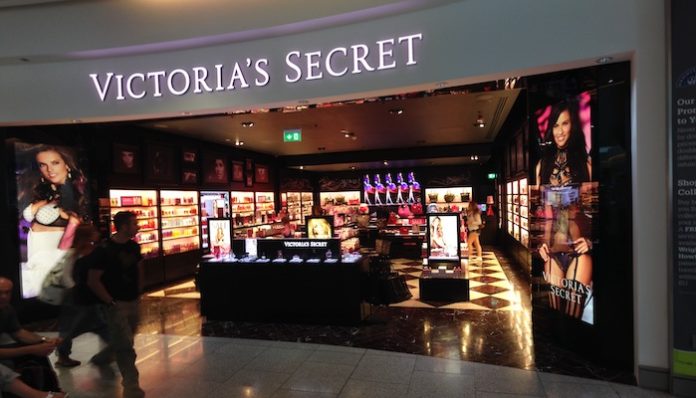
A decade ago, most people looked at Victoria’s Secret as a business success story.
The company started from humble beginnings and slowly evolved into the top brand in the lingerie industry. Creative marketing tactics and annual events, like the infamous Victoria’s Secret Fashion Show, allowed VS to mark the beginnings of a new, extremely profitable) movement.
But now the tables have turned, and the once iconic brand finds itself on the brink of financial crisis. Around 2 months ago, L. Brands, Victoria’s Secret’s parent company, announced that they will close 250 stores across Canada and the United States. The company also stated that due to changing consumer trends, additional closures may follow in 2021 and 2022.
Although people assume that COVID-19 caused the lingerie giant’s decline, the reality is that the brand’s struggles started well before the pandemic hit.
The company first observed declining sales in 2015. To combat the loss of revenue, Victoria’s Secret appointed Jan Singer as CEO. Singer prioritized both functionality and fashion for future collections. However, analysts soon realized that Singer’s business model didn’t cater to what customers actually want.
While other lingerie brands started to focus on body positivity and cultural representation, VS continued to sell an unrealistic, monogenous fantasy. As a result, many consumers started buying lingerie from other, more diverse companies.
The situation worsened when Chief Marketing Officer Ed Razek stated that “No one in the company will be interested in using plus-sized models for campaigns.”
Razek’s words disgusted customers so much that Victoria’s Secret witnessed an immediate decrease in brand loyalty. Since that time, the annual fashion show’s viewership decreased by 3 million people and Victoria’s Secret sales declined dramatically. Victoria’s Secret tried adding diverse body types and transgender models to their lineup in 2019.
But the company soon ended up in hot water again.
Documents soon revealed that L. Brand’s CEO,Leslie Wexner, had a professional business relationship with sex-offender Jeffrey Epstein. Because of the declining sales and sexual misconduct allegations, Wexner stepped down from his L. Brands CEO position.
As of now, the company has completely cancelled their annual fashion show,and news outlets called out current CEO John Mehas for cultural misogyny.
To successfully turn the tide, Victoria’s Secret executives must realize that a change of social norms is the key to save their declining sales. Instead of continuing to sell a man’s fantasy, the company must consider their consumer’s perspective and prioritize cultural inclusion.
In order for brands like Victoria’s Secret to alter their strategies, we must remind companies that inclusion and diverse representation matters.
Our generation realizes that beauty isn’t objective. Therefore, we grow tired when brands try to push their own beauty standards onto us.
Within the past five years, other fashion brands have listened to their customers and changed their campaigns to be more diverse. But Victoria’s Secret continues to stay on a path that costs them millions of dollars in lost sales revenue. It’s time to listen, VS. Otherwise you’ll end up like every other company who shut its doors last year.
Featured Photo via Wikimedia



















That’s true.